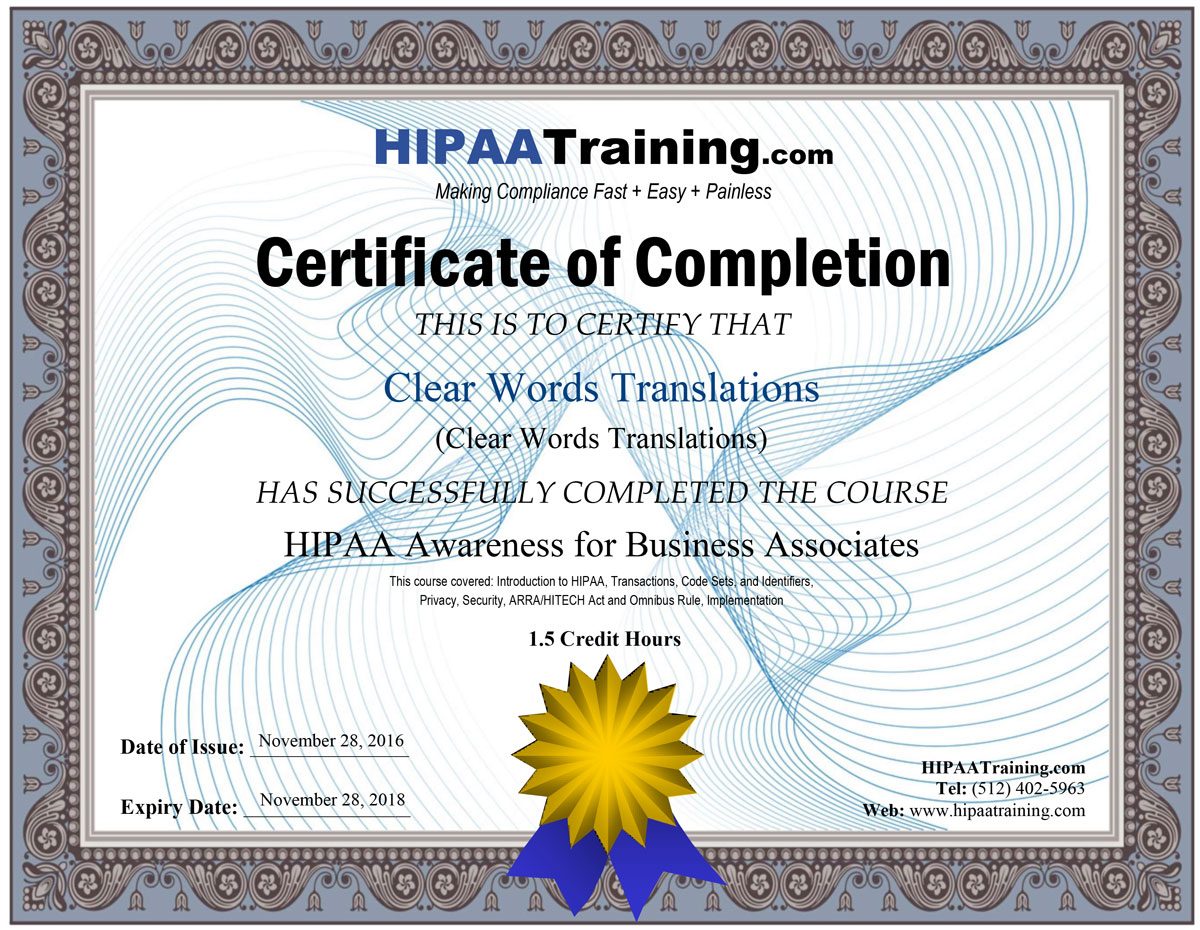How Website Localization Can Boost Your SEO
CLEAR WORDS
TRANSLATIONS
All News
January 23, 2018 |
How Website Localization Can Boost Your SEO
If you’re selling across the globe, you already know that website localization can help you reach new audiences and grow your business. Localization can enhance your local presence, increase sales and allow you to grow your market share globally. It can also boost your SEO.
Website localization can propel you from being a local player to an international business. Because when your content speaks languages like natives, your clients will feel more comfortable buying and using your products or services.
When carried out correctly, website localization can boost your SEO, improve your SERP ranking and make your site more visible to local search engines. Let’s take a closer look.
Website Localization Uses Local Keywords
Website localization isn’t just plain translation of your original website. You adapt your message to local markets, to make it appealing for local people. And for search engines, as well. That’s why you need a language specific SEO strategy every time you localize for a new language.
You’ve invested time and money to make your English website attractive for Google and its algorithms. Now you need to do the same when launching localized versions of your site. This way, you’ll improve your SEO and rank higher in local search results.
As a result of language diversity, people search for different terms online. Simply translating keywords that work in English isn’t enough to keep you among search engines’ favorites.
British look for ‘holidays’, Americans look for ‘vacations’. If you localize for Italy, you’d be tempted to optimize for ‘vacanze’, the translation for vacations. Yet, most Italians would be looking either for ‘vacanze’ or ‘viaggi’ (which is the word for travel). So, your website localization should target both these popular keywords and their related long-tail keywords, to make sure you reach a wider audience.
You need to work with local SEO experts to find the right terms people use to look for your products and services online. Then, optimize the translated content using these keywords in your texts and in your metadata – title, meta descriptions and keyword meta tags.
Optimize for More Search Engines
Google is king in Western Europe and the Americas. But, if you localize for China or Russia, you must adapt to local habits. Which means, among others, that you should learn to optimize for other search engines, such as Baidu, Shenma, Sogou or 360 Search.
Content optimization for various search engines is an important part of the website localization project. This boosts your SEO, as it helps you rank higher in search results for Bing, Yahoo or any other search engine your target audience uses as well.
You Reach The Right Audience with Local Search
When you’re looking for a restaurant or a grocery store, you expect Google to show you places nearby. 46 percent of searches are local, so algorithms are now focused on finding localized versions of websites.
Google developed a series of vertical-specific ranking factors, to provide accurate and more helpful results for each search. Thanks to these updates, our favorite search engine ranks local or localized websites, that provide information in local languages higher.
To make sure you get the most out of these features, your website localization team must take care of a series of technical details:
- Your URL structure should indicate to Google that local websites are localized versions of your English site – through subdomains, subfolders or top-level domains.
- Your sitemap should be updated to contain all information about translated and localized pages.
- Your site should use Hreflang tags to tell Google crawlers that localized versions of a specific page exists (this way, you don’t risk getting penalized for duplicate content).
- You should upload your localized websites using local servers to increase site speed (an important SEO ranking factor).
- All localized versions should be mobile-friendly, as both search engines and customers prefer pages that look good on smartphone screens.
Going local also means providing local phone numbers and addresses where people can find you. Update contact information for each new country you localize for. This way, you tell Google you have a local presence, which makes your website rank higher in search engines.
Localize for Countries, Not for Languages
Every time you approach a new market, you should consider culture and tradition, besides language. Localizing for Argentina isn’t the same as localizing for Spain, even though they’re both Spanish-speaking countries. People use different terms when speaking and when looking for information online.
Languages vary depending on local history and culture. So, whether we talk about English, Spanish, Portuguese or the Arabic language, you should always keep local versions and dialects in mind when localizing. Working with local translators and writers makes these small differences inside the same language work in your favor.
You’ll need to adapt your vocabulary from one country to another to meet your customers’ expectations. Otherwise, visitors are going to leave your website, looking for a page that speaks a language they understand. High bounce rates can be bad for SEO, while users staying on your website and visiting a high number of pages per session are good signs for Google’s algorithms.
Local Fresh Content Boosts SEO
People like to read about their community, in a language they understand. Simple words can generate strong emotions among your readers, if you know how to craft the right message. But, it’s important to make sure that people identify themselves with what you have to say. And this is only possible by speaking the local language through website localization.
That’s why website localization includes the use of local content to promote products and services. And updated information and high quality content are both important factors for SEO.
So, every time you ask your local contributors to come up with some fresh content, you’re improving your performance. This is because it’s important to remember that SEO is more about writing for people than for search engines. Google likes positive user experiences and, as you become better at speaking like a local, your SERP ranking will grow.










